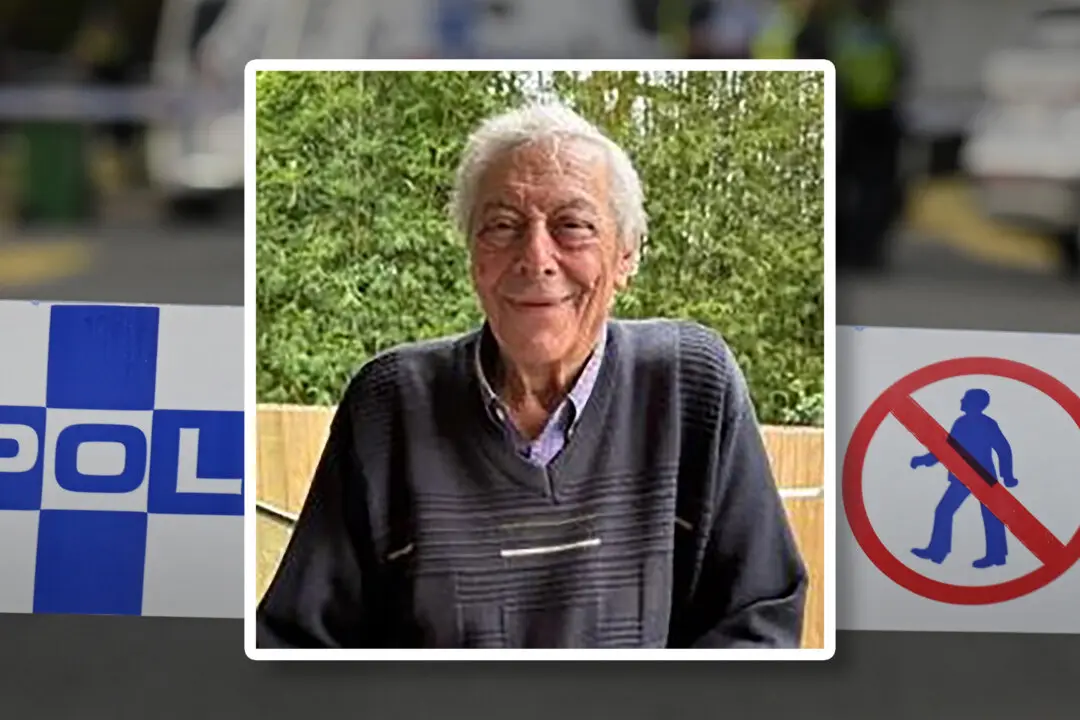Logging has been suspended in 14 NSW forests amid a bitter row over protections for Australia’s largest gliding marsupial.
Logging Changes Leave Glider in Hot Water
‘The problem is it’s extremely hard to find timber that’s most attractive for logging, which is not also the habitat of a whole bunch of threatened species.’

A supplied undated image obtained July 5, 2022 shows a greater glider in a patch of old growth forest south of Brisbane. Australia's greater glider has gone from threatened to endangered in the space of six years. AAP Image/Supplied by WWF Australia, Josh Bowell



